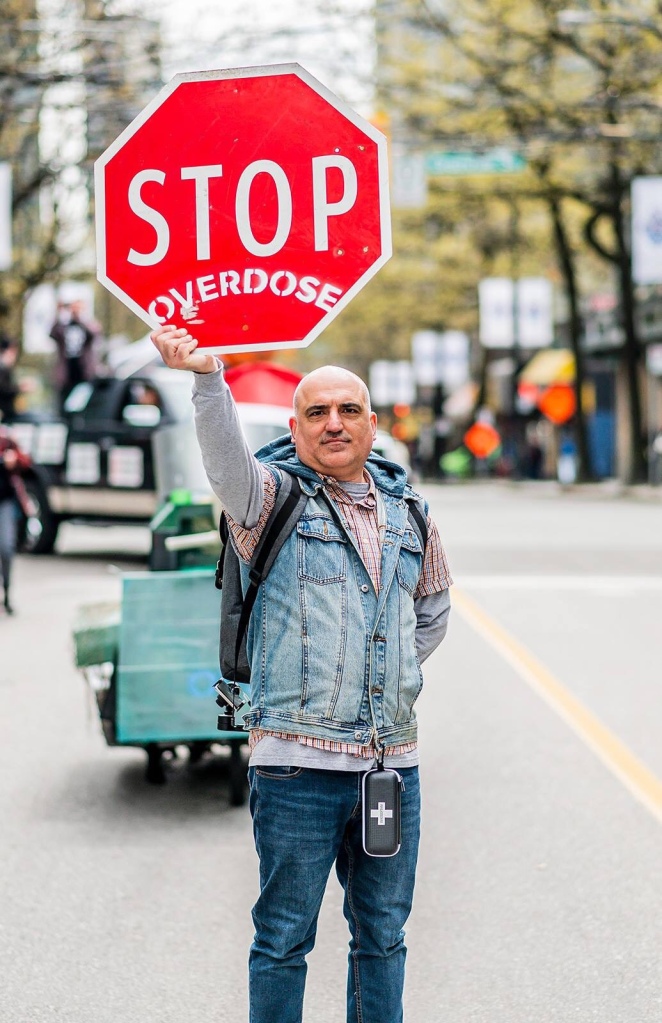Addiction in the Family: Breaking the Cycle and Finding Healing
Introduction:
Addiction is a complex and devastating disease that not only affects the individual struggling with it but also has a profound impact on their loved ones. When addiction infiltrates a family, it becomes a shared struggle, often leading to emotional turmoil, strained relationships, and a sense of helplessness. However, it is essential to remember that addiction is not a moral failing but a disease that requires understanding, empathy, and support. In this blog, we will explore the challenges faced by families dealing with addiction, the importance of breaking the cycle, and the path to finding healing and recovery.
The Impact on the Family:
Addiction affects the entire family unit, leaving no member untouched. It disrupts communication, trust, and stability, often leading to feelings of anger, guilt, fear, and shame. Family members may find themselves in a constant state of worry, experiencing sleepless nights, and feeling overwhelmed by the unpredictable behavior associated with addiction. The emotional strain can be debilitating, resulting in broken bonds and a breakdown of the family’s support system.
Breaking the Cycle:
Breaking the cycle of addiction in a family can be an arduous journey, but it is not impossible. Here are a few steps that can help initiate the healing process:
- Education and Awareness: Understanding addiction as a disease is crucial. By educating oneself about the nature of addiction, its causes, and effects, family members can develop empathy and compassion towards their loved ones. This knowledge also aids in dispelling misconceptions and reducing stigma surrounding addiction.
- Seek Professional Help: Addiction is a complex issue that often requires professional intervention. Family therapy, support groups, and counseling can provide a safe space for open communication, emotional healing, and guidance on setting boundaries.
- Self-Care: Taking care of oneself is vital when dealing with addiction in the family. Family members must prioritize their physical and mental well-being, ensuring they have the strength and resilience to support their loved ones effectively.
- Establish Boundaries: Setting healthy boundaries is essential to protect oneself and maintain a sense of control. Enabling behaviors, such as providing financial support without conditions or tolerating abusive behavior, should be avoided. Boundaries help create a supportive environment while encouraging personal responsibility.
Finding Healing and Recovery:
Recovery is a lifelong journey, and it is possible for both the individual struggling with addiction and their family. Here are some strategies to foster healing and recovery:
- Open Communication: Encouraging open and honest communication within the family can help rebuild trust and strengthen relationships. Active listening, empathy, and non-judgmental attitudes are essential in creating a safe space for dialogue.
- Support Networks: Engaging in support groups, such as Al-Anon or Nar-Anon, can be immensely beneficial for family members. These groups provide a platform to share experiences, gain support from others who have faced similar challenges, and learn healthy coping mechanisms.
- Encourage Treatment and Aftercare: Supporting and encouraging the individual struggling with addiction to seek professional treatment is crucial. Aftercare programs, such as sober living communities or outpatient counseling, can aid in maintaining long-term recovery.
- Celebrate Milestones: Acknowledge and celebrate milestones in recovery, both big and small. This positive reinforcement helps boost motivation and inspires continued progress.
Conclusion:
Addiction in the family can be a devastating experience, but with understanding, support, and dedication, healing and recovery are possible. Breaking the cycle of addiction requires education, setting healthy boundaries, seeking professional help, and fostering open communication. By prioritizing self-care and building a strong support network, families can find the strength and resilience necessary to navigate the challenges of addiction together. Remember
